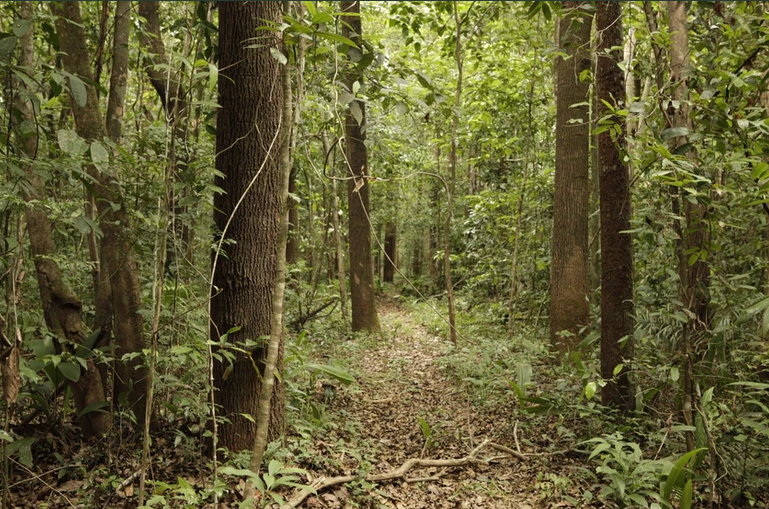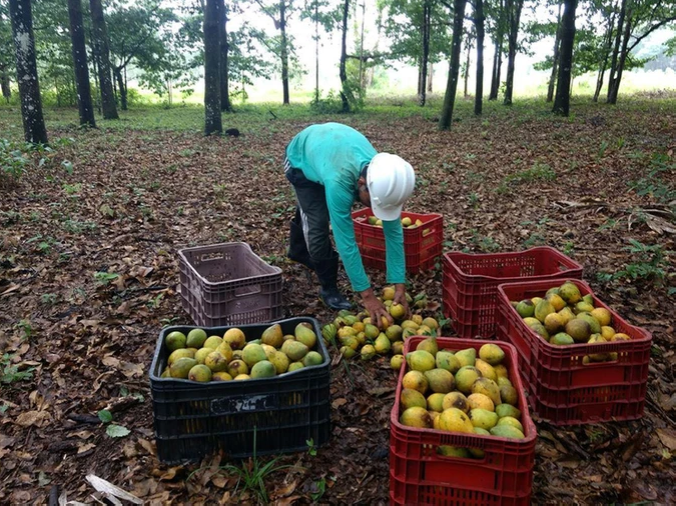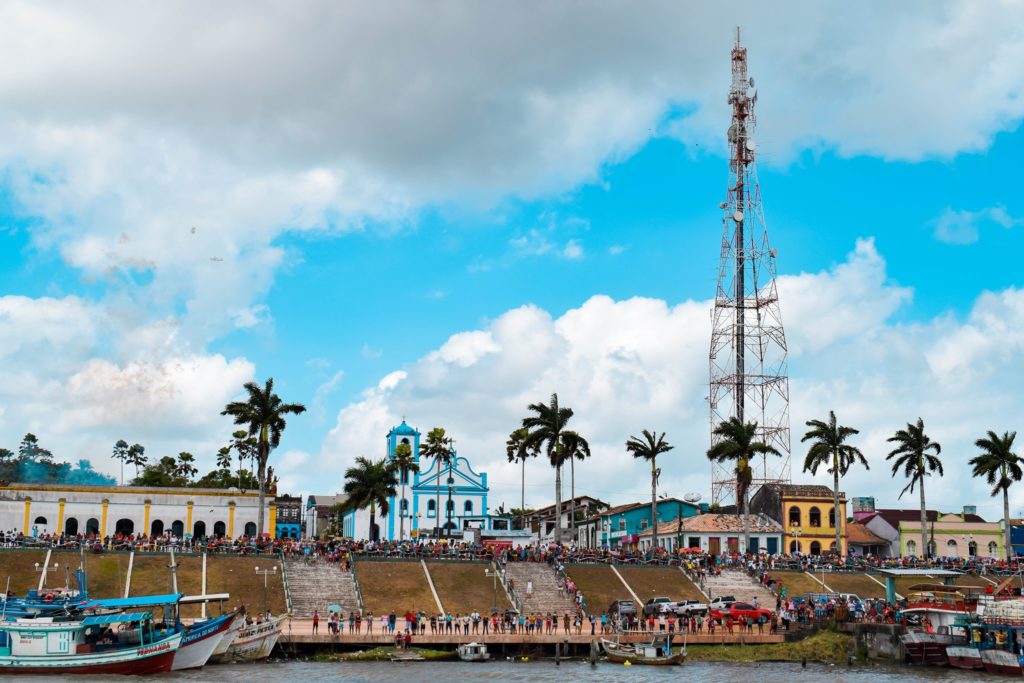There are already good examples of nature tourism in the Amazon. Getting to know the forest can be a way to conserve it.
Preserve to know, know to conserve. Regardless of which comes first, the fact is that Brazil does not know the Amazon. Not only Brazil, but perhaps the whole world is unaware of it.
If that’s the reality, there’s no more time to waste. It is necessary and urgent that we begin to reflect on how to change this scenario. How can we connect with the Amazon and create bonds strong enough to awaken a sincere desire to keep it standing?
One path may be the development of tourism, an activity that plays an important role in this context, as it not only allows people to get to know the Amazon but creates interesting bonds when done effectively. The IBGE reveals that 60% of national trips made by Brazilians in 2019 were mainly motivated by nature tourism, and this percentage is expected to grow even more in the post-pandemic period.
The Amazon is home to a diversity of magnificent birds, an immense variety of fish, and endless freshwater rivers, ideal for sport fishing. Bird watching tourism, for example, moves more resources in the US compared to Brazil’s soybean exports. Sport fishing tourism manages to reach an even greater number.
We could continue with community-based tourism or even mycotourism, that is, fungal observation tourism. The natural wonders that drive these types of tourism are abundant in our region.
Of course, we have bottlenecks and difficulties, but the opportunities are much greater still.
Taking advantage of this, I would like to bring one of the good examples we have in the Bragantina region, in Pará. I’d like to present Hortência Osaki, a forestry engineer who worked in a large mining company in the region, but who decided to follow in her father’s steps. Alone and with great zeal, he developed an agroforest with the rare and coveted Bacuri, the fruit known by the scientific name platonia insignis, as its protagonist.




Photos: Fazenda Bacuri/Divulgação
Back on her family’s property, Hortência jumpstarted the Bacuri Farm. It currently produces jellies, liqueurs, and dehydrated fruit, all harvested from the agroforestry with USDA Organic and IBD organic certification, as well as Family Farming and SIF seals.
Hortência noted that, in addition to the products, people wanted to know about the factory, the region, the stories, the people. Live a little of the real Amazon. Thus a new project was born: the Atlantic Amazon Tourism Route. An experience in the region of Bragança and Augusto Corrêa, through the history of six entrepreneurs and all their scenic and human potential. The route includes Recanto dos Igarapés (artisanal cheeses), Bacuri Farm (agroforestry and organic fruit production), Sítio do Castanha (artisanal flour production), Rancho Terminal (artisanal fishing), Marine Farm (oyster farming and gastronomy), and Rural Hotel Umarajó.

The tour includes, of course, tours in the historic city of Bragança, bird watching, mycotourism, mangrove tours, and other attractions.
The legacy of this work brings an important reflection: Hortência understood that the opportunities she had (such as her education and profession) are not available to everyone. Therefore, she shares what she knows and is capable of doing in a win-win operation that makes a difference in the region.
Her initiative brings tourists a sense of belonging and empathy towards Amazonian populations through a real and revealing experience. Yes, a well-articulated Amazon community can also become a charming and dignified destination for bedside photos and Instagram posts with little more than goodwill and time.
The opinions expressed in this article are the writer’s own.


